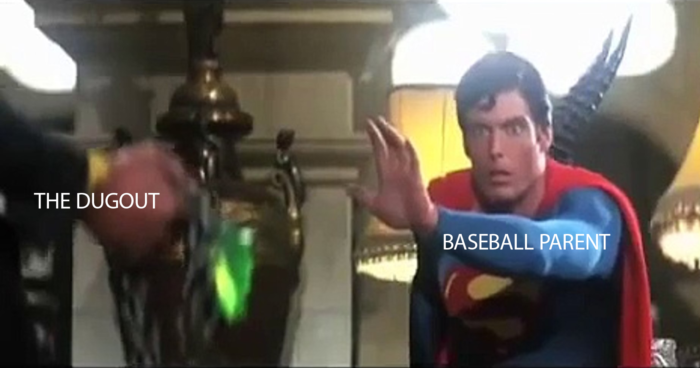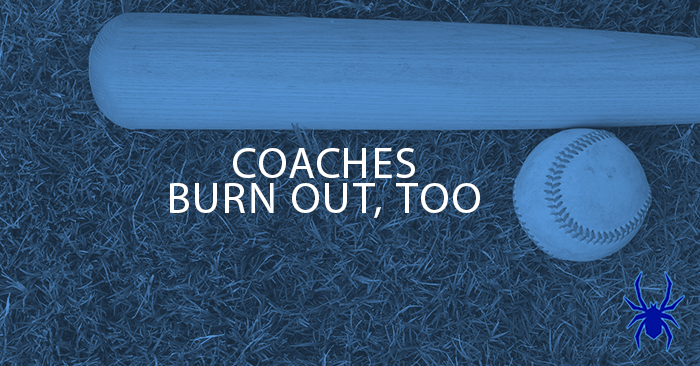Leaving a known situation and joining a new team is a big move. To make an informed decision, ask the coach these specific questions…
The Benefits of Travel Baseball
Travel baseball isn’t for everyone. It has its drawbacks. But it also has some inherent advantages and benefits. Here’s a quick list of things to consider.
You Got Cut and It’s Going to Be Okay
Getting cut hurts. But in the end, the coach did you a favor. Here’s how to look at getting cut with your child productively.
The Dugout is Kryptonite and Parents are Superman
You want to come to the dugout. Your son is a cat in the tree. The tree is the dugout, and it’s made of Kryptonite. It’s a trap! The cat will be fine.
Coaches Burn Out, Too
We talk about how kids burn out, but travel ball coaches burn out, too. What are the causes, and how can it be prevented?
- 1
- 2
- 3
- 4
- Next Page »




